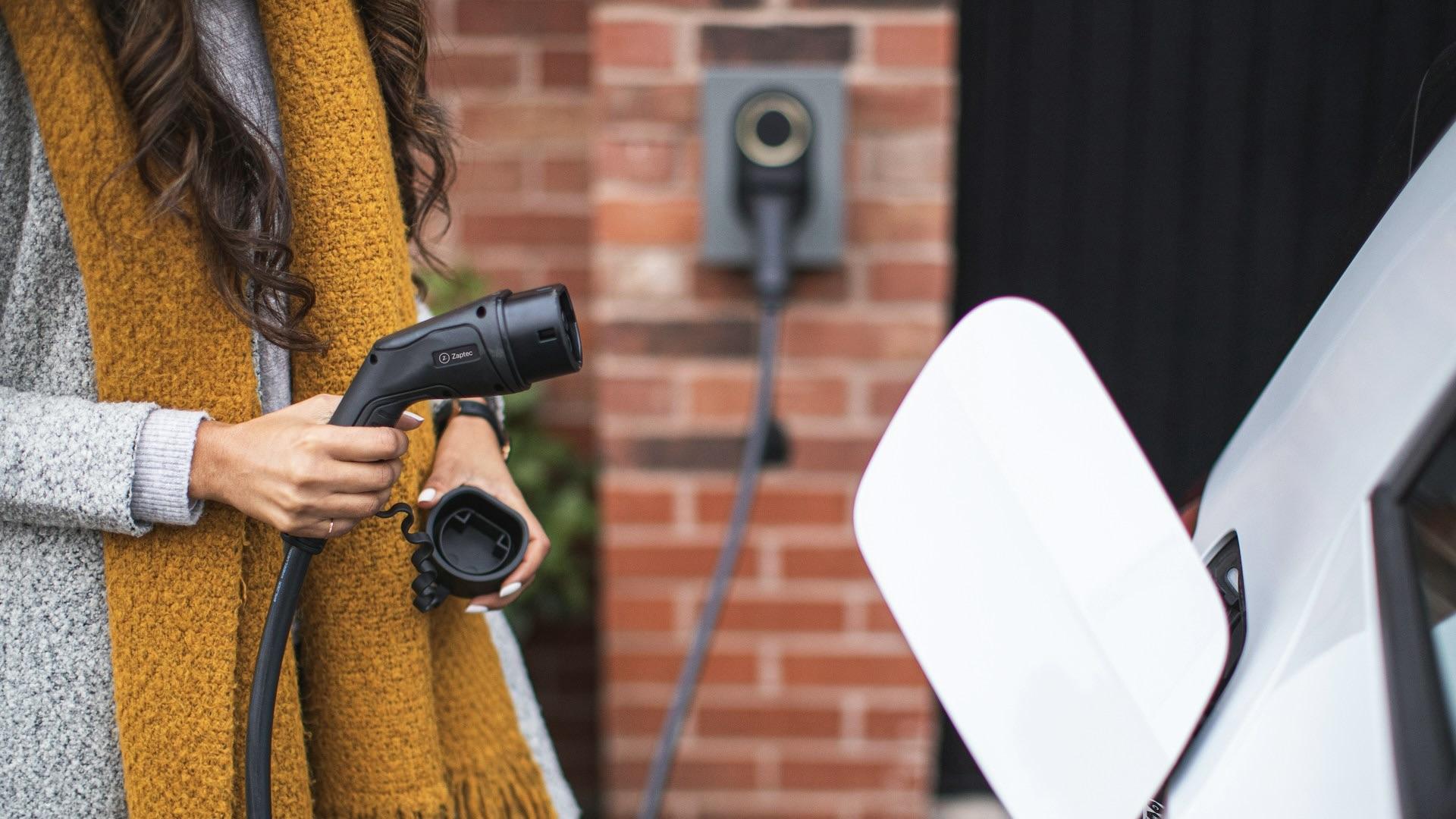The US Treasury has clarified EV charger tax credit rules, offering up to 30% back for eligible properties. Use a new mapping tool to discover if your home or business qualifies for this clean energy incentive.
Inflation Reduction Act Introduces Key Tax Credit for EV Chargers
In August 2022, the Inflation Reduction Act was signed into law, and as a result, eligible electric vehicle charging "property" might receive a tax credit of up to 30% of the cost.
According to the US Department of the Treasury and the Internal Revenue Service, all electric vehicle charging ports and their "functionally interdependent components" are eligible for the Alternative Fuel Vehicle Refueling Property Credit (section 30C) tax credit.
“This one simple clarification should positively impact infrastructure deployment as industry players can now more comfortably move forward with projects leveraging this tax credit,” observed Suncheth Bhat, chief commercial officer of EV Realty, in an interview with Electrek.
Enhanced EV Charger Tax Credits for Businesses
The electric vehicle charger tax credit, which can be obtained through IRS Form 8911, has a cap of $1,000 for residential EV chargers and $100,000 (an increase from $30,000) for commercial buildings. January 1, 2023, was the date of its implementation.
Exempt organizations and government agencies may also use elective pay to claim the credit.
Eligibility Based on Census Tracts and Workforce Requirements
Businesses and people must be situated in "eligible census tracts" to be eligible for the 30C EV charging tax credit. An eligible census tract is defined by the IRS as:
“… any population census tract that is a low-income community or that is not an urban area. Approximately two-thirds of Americans live in eligible census tracts.”
Business and tax-exempt governmental entities claiming the Alternative Fuel Vehicle Refueling Property Credit can receive an enhanced credit if they are paying workers prevailing wages and using registered apprentices to install the equipment.
Mapping Tool Offers Eligibility Insights
Businesses and individuals can use a mapping tool that was issued by the US Department of Energy and Argonne National Laboratory to determine if they are qualified for the 30C EV charging tax credit.
(As this article and the map both contain disclaimers stating that they are not official IRS guidelines, please take note of them. Hence, before you submit your taxes, be sure you're eligible by consulting a tax expert.)
Speaking on behalf of the Zero Emission Transportation Association (ZETA), Albert Gore III stated:
“Developing our nation’s charging network is crucial to transportation electrification. As one of the principal incentives for charging infrastructure, 30C will help fill in charging gaps and attract investment to rural and lower-income communities. It will also help comfort potential EV drivers with the transition as they see more publicly available infrastructure.”



 Bank of Japan Signals Readiness for Near-Term Rate Hike as Inflation Nears Target
Bank of Japan Signals Readiness for Near-Term Rate Hike as Inflation Nears Target  South Korea’s Weak Won Struggles as Retail Investors Pour Money Into U.S. Stocks
South Korea’s Weak Won Struggles as Retail Investors Pour Money Into U.S. Stocks  Tencent Shares Slide After WeChat Restricts YuanBao AI Promotional Links
Tencent Shares Slide After WeChat Restricts YuanBao AI Promotional Links  Sony Q3 Profit Jumps on Gaming and Image Sensors, Full-Year Outlook Raised
Sony Q3 Profit Jumps on Gaming and Image Sensors, Full-Year Outlook Raised  Silver Prices Plunge in Asian Trade as Dollar Strength Triggers Fresh Precious Metals Sell-Off
Silver Prices Plunge in Asian Trade as Dollar Strength Triggers Fresh Precious Metals Sell-Off  Russian Stocks End Mixed as MOEX Index Closes Flat Amid Commodity Strength
Russian Stocks End Mixed as MOEX Index Closes Flat Amid Commodity Strength  Sam Altman Reaffirms OpenAI’s Long-Term Commitment to NVIDIA Amid Chip Report
Sam Altman Reaffirms OpenAI’s Long-Term Commitment to NVIDIA Amid Chip Report  AMD Shares Slide Despite Earnings Beat as Cautious Revenue Outlook Weighs on Stock
AMD Shares Slide Despite Earnings Beat as Cautious Revenue Outlook Weighs on Stock  Nvidia Confirms Major OpenAI Investment Amid AI Funding Race
Nvidia Confirms Major OpenAI Investment Amid AI Funding Race  Nvidia, ByteDance, and the U.S.-China AI Chip Standoff Over H200 Exports
Nvidia, ByteDance, and the U.S.-China AI Chip Standoff Over H200 Exports  Trump Lifts 25% Tariff on Indian Goods in Strategic U.S.–India Trade and Energy Deal
Trump Lifts 25% Tariff on Indian Goods in Strategic U.S.–India Trade and Energy Deal  SpaceX Pushes for Early Stock Index Inclusion Ahead of Potential Record-Breaking IPO
SpaceX Pushes for Early Stock Index Inclusion Ahead of Potential Record-Breaking IPO  Anthropic Eyes $350 Billion Valuation as AI Funding and Share Sale Accelerate
Anthropic Eyes $350 Billion Valuation as AI Funding and Share Sale Accelerate  Gold Prices Slide Below $5,000 as Strong Dollar and Central Bank Outlook Weigh on Metals
Gold Prices Slide Below $5,000 as Strong Dollar and Central Bank Outlook Weigh on Metals  India–U.S. Interim Trade Pact Cuts Auto Tariffs but Leaves Tesla Out
India–U.S. Interim Trade Pact Cuts Auto Tariffs but Leaves Tesla Out  U.S. Stock Futures Slide as Tech Rout Deepens on Amazon Capex Shock
U.S. Stock Futures Slide as Tech Rout Deepens on Amazon Capex Shock  Trump’s Inflation Claims Clash With Voters’ Cost-of-Living Reality
Trump’s Inflation Claims Clash With Voters’ Cost-of-Living Reality 































